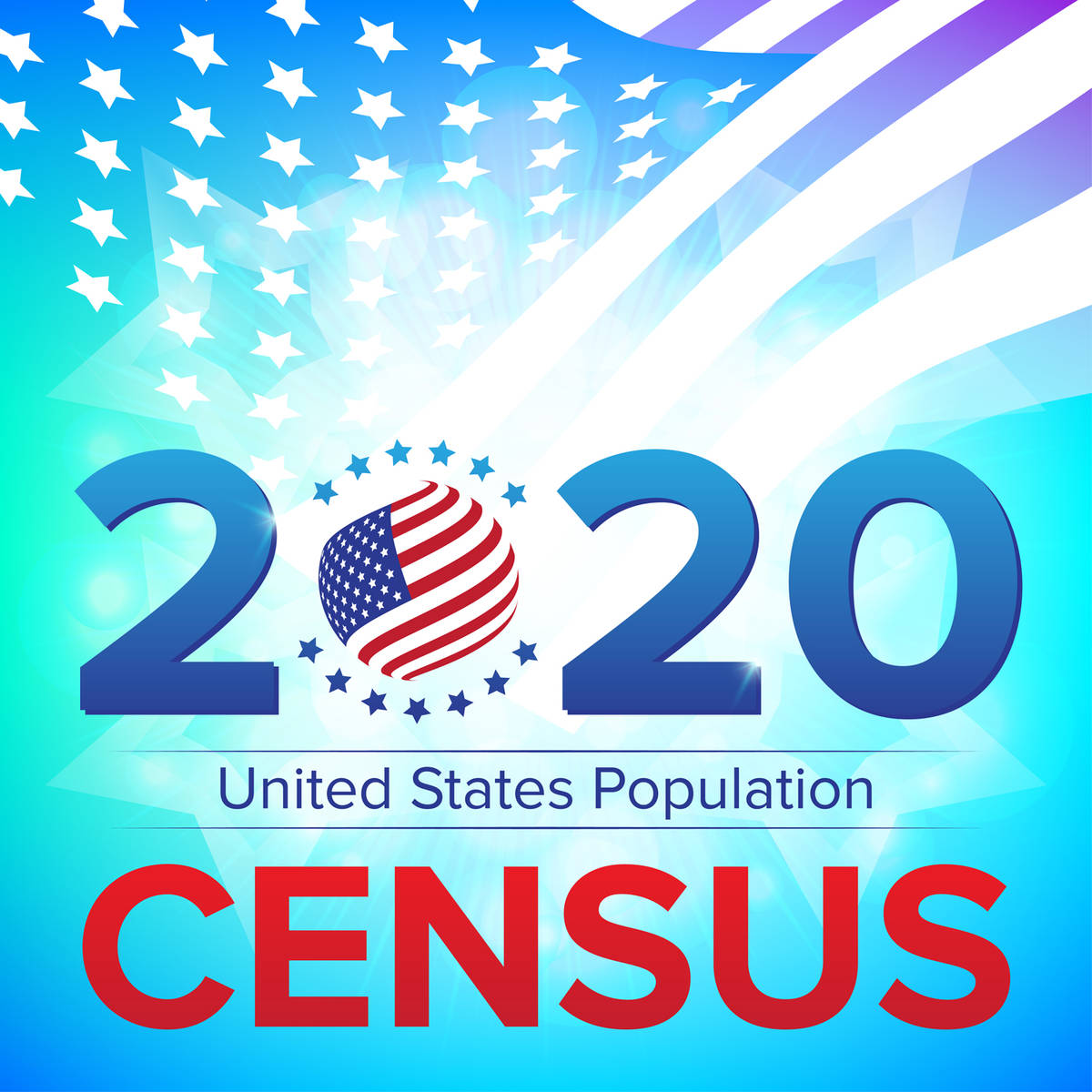All rural residents need to participate in the census
The 2020 U.S. census count is underway. The count is mandated by the Constitution and conducted by the U.S. Census Bureau, a nonpartisan government agency. The 2020 census counts the population in the United States and five U.S. territories. Each home will have received an invitation to respond to a short questionnaire - online, by phone, or by mail -between March 12-20. In response to the COVID-19 pandemic, many of the due dates for the census have changed. The original deadline to respond during the self-response phase was from March 12, 2020, to July 31, 2020. The final due date is now October 31, 2020.
The non-response phase, when census takers follow up with households who have not yet completed the census, has moved from May 13, 2020, through July 31, 2020, to August 11, 2020, through October 31, 2020.
The census provides critical data that lawmakers, business owners, teachers, and many others use to deliver daily services, products, and support to our community and us. Every year, billions of dollars in federal funding go to hospitals, fire departments, schools, roads, and other resources based on census data. The results of the census also determine the number of seats each state will have in the U.S. House of Representatives, and they are used to draw congressional and state legislative districts.
There are only nine questions on the census. They ask basic demographic questions: who lives in the household, how they are related; their age, sex, and race; whether they own or rent their house; and their phone number. There are no questions about your citizenship, political affiliation, banking information, or social security number. The answers are entirely confidential under federal law.
The goal of the census is to count everyone living in the United States. But there are several reasons to anticipate an undercount, said Mark Fossett, director of the Texas Federal Statistical Research Data Center and professor at Texas A&M University. Trust in government institutions, the census being one of them, is much weaker than it used to be. What’s more, technology has made survey-taking much cheaper and more accessible than ever before, which means that anyone and everyone, including countless marketers and scammers, can call people up with questionnaires, causing a sort of survey fatigue.
Then there is the intensity of political rhetoric and anti-immigration sentiment of the last several years. These contribute to fears about whether it’s safe for immigrants or undocumented people to answer census questions. The Census Bureau states that it is safe for everyone to participate in the census.
The Census Bureau is asking people to send it rumors and has several websites devoted to fact-checking. One scam, according to the bureau, says that people are posing as representatives of a non-existent “Department of Home Affairs” and canvassing neighborhoods asking people to show them their ID’s in preparation for the census. They are committing crimes at the homes while doing so.
In rural Nevada, an older population that is wary of scams and of using technology may hesitate to complete the census because they are concerned that their data may be shared or somehow used for illicit purposes. You can take steps to prevent that from happening. Never share your social security number or bank information with anyone. Return your official census response by U.S. mail. If you don’t, be prepared to have a census taker knock on your door to take your census data. If they do, ask for their government ID before answering the census questions and only answer the census questions. The census taker will never ask you for any additional information outside of the census questions.
As rural residents, we tend not to like to share our information with the federal government. In this case, that information is critical to ensure that our rural area receives our fair share. Our local government relies on vital funding based on the census numbers. The next ten years of programs and services for our community depends on the census results. To ensure that we get everything due to us, each rural resident needs to participate in the census.
Tim Burke is a businessman, philanthropist, educator and Pahrump resident. Contact him at timstakenv@gmail.com

















